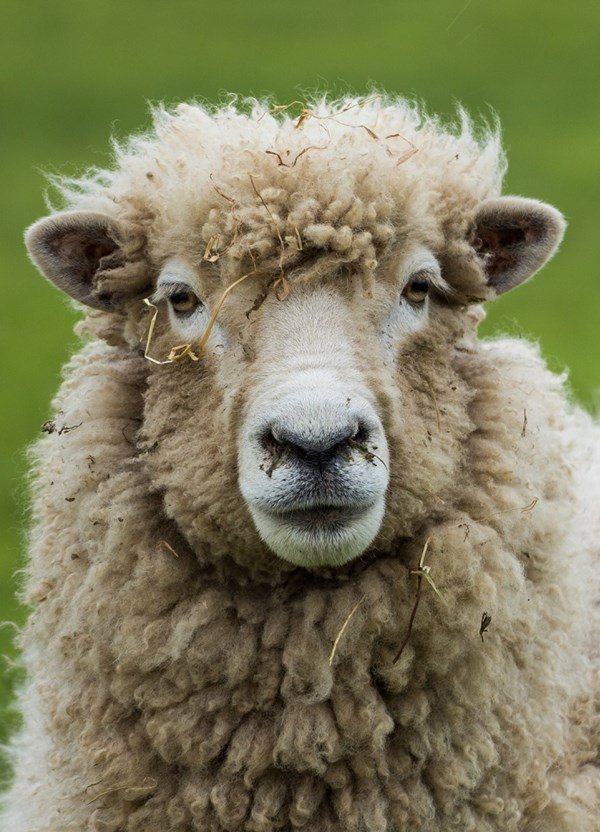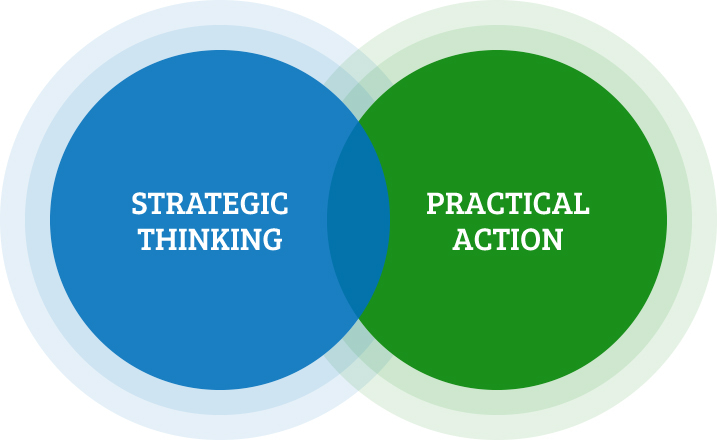News
Back to New Zealand's woolly roots

Can strong wool be cool? Adding value to an overlooked product in New Zealand’s fibre industry.
With international travel cut off at the knees as a result of Covid-19 restrictions, there is an increasing desire for New Zealand to focus on value addition as an opportunity to improve revenue from exports.
We are pleased to be involved in several conversations around this at present, including recent work reviewing a collaboration between the Ministry for Primary Industries (MPI) and New Zealand Merino (NZM).
W3: Wool Unleashed is a Primary Growth Partnership (PGP) that aims to drive change in the way New Zealand’s strong wool is produced, marketed and sold, for the benefit of the New Zealand economy.
Nimmo-Bell & Associates, a division of the Prime Group, teamed up with Vantage Group earlier this year to independently review and assess W3 against its objectives.
The review was informed by interviews with key NZM and MPI staff, growers and brand partners and also included financial and market analysis.
It will be made public later this year.
In the meantime, NZM plans to start drawing on new, innovative approaches to tell the ‘strong wool story’ in a more effective way, so that consumers better understand its attributes and benefits.
MPI says the strong wool industry has been in decline for the past 25 years. This is, in part, because it has been sold as a commodity product, with no attention given to value addition.
According to a recent article by Engineering New Zealand, the fine, soft type of merino used in premium apparel brands such as Allbirds and Icebreaker (about 18 microns) makes up just a small fraction of New Zealand’s total wool produced.
More than 80 percent is 32 microns or coarser.
This type of wool was traditionally used in upholstery or carpets but has been pushed out by synthetics.
W3 hopes to change this by promoting greater collaboration within the industry and encouraging the development of premium and “fit-for-market” strong wool products.
Prime Group Chairman Dr Alan Pearson says there is huge potential in the market, as evidenced by some innovations that have already materialised.
MPI says W3, which launched in 2016, complements work that is also underway to improve returns for sheep meat, beef and venison “to capture the best possible returns for New Zealand's primary industries”.
To read more about the W3 programme, click here.



